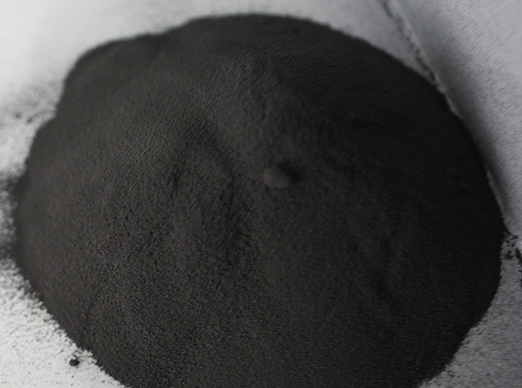Professional and high-quality metal alloys, ceramic products and concrete additives | RBOSCHCO
PRODUCT PARAMETERS
Description
Overview of Tungsten borides
Tungsten borides are substances of tungsten and boron. Their most impressive residential property is their high solidity. The Vickers solidity of WB or WB2 crystals is ~ 20 Grade point average, which of WB4 is ~ 30 Grade point average for tons going beyond 3N. The family member thickness of tungsten boride is 10.77, and the melting point has to do with 2900 ° C. It does not deteriorate water and can deteriorate aqua regia.
It is prepared by home heating boron and tungsten powder to a heat.
Tungsten boride has detailed residential or commercial properties such as high melting point, high firmness, and chemical security. It is just a brand-new superhard product with a high melting point. It is a vital armed forces bulletproof product.
For more than half a century, the abundant stage layout of tungsten alloys and the framework of various stages is additionally ever-changing.
The greatest boride is WB4, which has a three-dimensional grid framework of boron atoms. We placed the initial concept computation integrated with the thermodynamic security, and the thermodynamic security and mechanical homes of the feasible framework of the tungsten carbide system are methodically researched:
The greatest boride to determine tungsten must be WB3, made up of two-dimensional aircraft boron atoms, not WB4, including three-dimensional boron atom grids. It was located that the shear modulus in the borate system of tungsten changed its development power. Boost disclosed that the mechanical residential properties are very closely pertaining to their thermodynamic security.
Because of the complimentary diffusion coefficient of WB2, the overall synthesis of thick tungsten diboride is mainly accomplished by sintering innovation under heat and high-pressure problems. This way, it is lowered, and the expense is expensive; rather, B will certainly volatilize at heats.
Consequently, it is tough to understand the web content of boron to prepare WB2 mass products straight from tungsten powder and boron powder.
It might additionally produce hypoborate throughout the sintering procedure, and a small mass product with WB2 as the significant stage can not be acquired. Do not hesitate to send out a questions to obtain the current cost if you would love to acquire Tungsten Boride WB2 powder in mass.
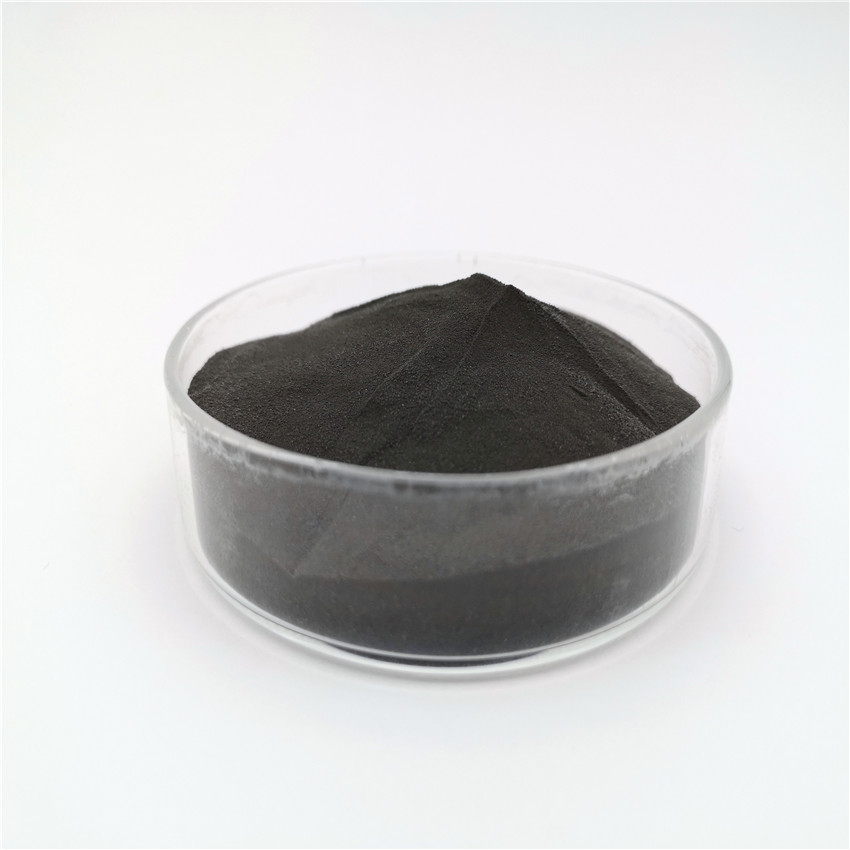
(Tungsten Boride WB2 Powder CAS 12007-09-9)
Features of Tungsten borides
Titanium diboride powder exhibits a range of distinctive features which make it highly valued in various industrial applications. It appears as a gray or gray-black powder with a hexagonal crystal structure, similar to that of aluminum boride. Here are the features of titanium diboride powder:
- High-Temperature Resistance and Durability: TiB2 powder has a high melting point between 2900 and 3225°C, making it able to withstand extreme heat. Its strong hardness also contributes to its durability and ability to resist wear and tear.
- Impressive Chemical Resistance: TiB2 powder is highly resistant to chemical deterioration and HF acids. Furthermore, it demonstrates outstanding thermal stability, enduring oxidation at temperatures of up to 1000°C or even 1100°C in specific cases.
- Excellent Electrical and Thermal Conductivity: This powder displays exceptional electrical and thermal conductivity, making it an excellent choice for applications where these properties are crucial.
- Resistance to Molten Metal Corrosion: TiB2 powder remains unaffected by molten metals like aluminum, making it an excellent choice for applications involving molten metal crucibles and electrolytic cell electrodes.
- Superior Mechanical Properties: Products fabricated from TiB2 powder display exceptional strength and toughness, making them well-suited for applications that demand robust mechanical performance.
Parameter table of Tungsten borides
| Tungsten Diboride Properties | |
| Other Names | tungsten boride, WB2 powder, tungsten boride WB2 |
| CAS No. | 12007-09-9 |
| Compound Formula | WB2 |
| Molecular Weight | 205.5 |
| Appearance | Gray Black Powder |
| Melting Point | 2365 °C |
| Boiling Point | N/A |
| Density | N/A |
| Solubility in H2O | N/A |
| Vickers Hardness | 20 GPa |
| Exact Mass | 205.969544 g/mol |
| Tungsten Diboride Health & Safety Information | |
| Signal Word | N/A |
| Hazard Statements | N/A |
| Hazard Codes | N/A |
| Risk Codes | N/A |
| Safety Statements | N/A |
| Transport Information | N/A |
Applications of Tungsten borides
The WB series compounds offer excellent wear resistance, high melting point, hardness, conductivity, and corrosion resistance. Additionally, they provide adequate shielding against neutron and gamma rays. These properties make them valuable for applications in structural materials, wear-resistant materials, electrodes, and more. Tungsten boride is produced through the direct reaction of tungsten metal and boron elements in an electric furnace, showcasing promising potential for various future applications.
1 A workpiece is prepared with a tungsten boride-rich coating consisting of a substrate, a tungsten layer, a tungsten boride gradient layer, and a tungsten boride coating, all stacked in sequence. The boron content in the gradient layer increases progressively in the direction of the tungsten layer’s thickness. This distinctive coating structure enables strong interlayer bonding while the elastic modulus and thermal expansion coefficient transition smoothly from the substrate to the top layer, effectively eliminating overall coating stress and enhancing the toughness and adhesion of the boride-rich tungsten coating.
2To create a solid tungsten diboride material, the process begins by using a mechanochemical approach to produce tungsten diboride powder at room temperature using high-purity tungsten and boron powders as starting materials. Subsequently, the powder is densified into a bulk tungsten diboride material through high-temperature sintering under a protective argon atmosphere. It can enable the production of a compact tungsten diboride bulk material under standard temperature and pressure conditions. The resulting material exhibits desirable properties, including specific hardness, stability, and effective neutron absorption, making it suitable for various applications such as corrosion-resistant materials, cutting tools, and advanced shielding materials.
Production Method of Tungsten borides
To develop tungsten boride, mix and grind steel tungsten and boron with each other, after that warm them at temperature levels over 1400 ° C. This procedure will certainly cause the development of tungsten boride, especially W2B, which can be acquired by cooling down and squashing the item. One more technique entails blending tungsten with boron powder in a 2:1 molar proportion and sintering the combination in a vacuum cleaner or argon setting at 1200 to 1300 ° C to generate 2 tungsten boride. Both techniques adhere to the solid-phase technique for tungsten boride synthesis.
Company Profile
RBOSCHCO is a trusted global chemical material supplier & manufacturer with over 12-year-experience in providing super high-quality chemicals and nanomaterials, including boride powder, nitride powder, graphite powder, sulfide powder, 3D printing powder, etc.The company has a professional technical department and Quality Supervision Department, a well-equipped laboratory, and equipped with advanced testing equipment and after-sales customer service center.If you are looking for high-quality Tungsten boride WB2 Powder, please feel free to contact us or click on the needed products to send an inquiry.

Storage Condition of Tungsten Boride WB2 Powder
The damp reunion will affect InP powder dispersion performance and use effects. Therefore, indium phosphide InP powder should be sealed in vacuum packaging and stored in a cool and dry room; it can not be exposed to air. In addition, the InP powder should be avoided under stress.

Payment of Tungsten Boride WB2 Powder
L/C, T/T, Western Union, Paypal, Credit Card etc.
Package and shipment of Tungsten Boride WB2 Powder
Vacuum packing, 100g, 500g, or 1kg/bag, 25kg/barrel, or as you request.|We offer packaging options of 100g, 500g, or 1kg per bag, 25kg per barrel, or custom packaging to meet your specific needs.
We have many different kinds of packing which depend on the quantity.| The quantity determines the variety of packaging options we offer.
By sea, by air, by express as soon as possible once payment receipt
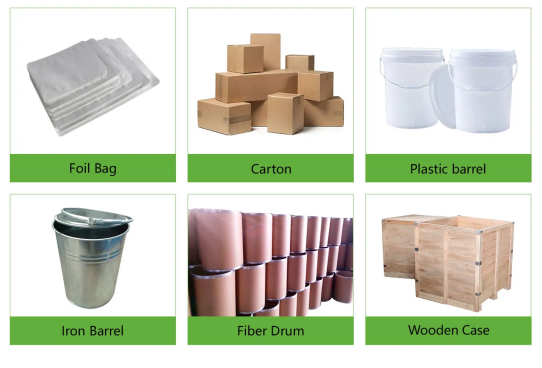
5 FAQs of Tungsten borides
Q1
What is the melting point of WB2?
Answer: The melting temperatures of W2B, WB, and WB2 are 2670, 2655, and 2365 °C, respectively.
Q2
What is the hardness of tungsten diboride?
Answer: The Vickers solidity of WB and WB2 crystals is approximately 3 N, while WB4 exhibits a solidity of around 30 GPa. Tungsten boride boasts an impressive combination of characteristics, including exceptionally high melting points, remarkable solidity, and excellent chemical resistance.
Q3
What is the hardness of boride?
Answer: The results of Yan et al. (2001) showed that the hardness of the boride layer decreased from 1858 HV (obtained at room temperature) to 350 HV at a temperature of 973 K.
Q4
What are tungsten borides, and what makes them unique?
Tungsten borides are compounds of tungsten and boron, such as WB and W₂B₅. They are classified as refractory materials with extreme hardness (up to 20 GPa), high melting points (over 2,000°C), and excellent resistance to wear, corrosion, and oxidation. Their unique combination of mechanical and thermal properties makes them ideal for high-temperature and high-stress environments.
Q5
What are the main applications of tungsten borides?
- Cutting tools: Used in carbide inserts for machining hard metals due to their wear resistance.
- Aerospace coatings: Applied to turbine components to withstand extreme heat and friction.
- Nuclear reactors: Used as neutron-absorbing materials in control rods.
- Electronics: Emerging applications in semiconductors and thermal management systems.
REQUEST A QUOTE
RELATED PRODUCTS
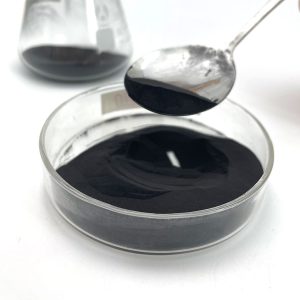
Titanium Diboride Powder CAS 12045-63-5 Titanium Boride TiB2 Powder Price
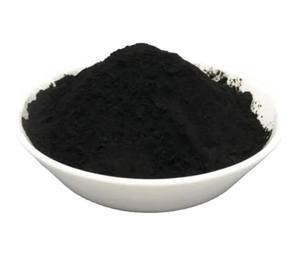
CAS 12045-64-6 ZrB2 Powder Zirconium Boride
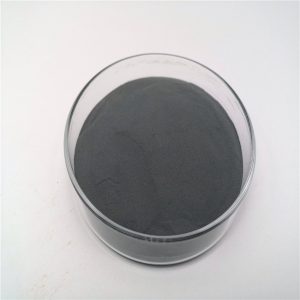
Factory Price Aluminum Boride Powder AlB2 Nanoparticles AlB2 Nanopowder
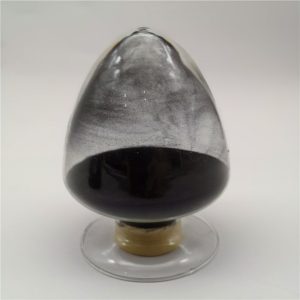
Superfine TaB2 Powder Tantalum Boride Nano Powder
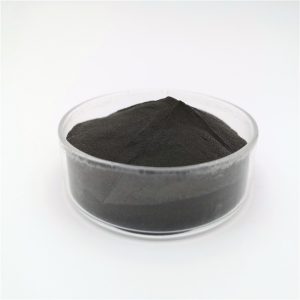
Silicon Hexaboride Silicon Boride with SiB6 Powder and CAS 12008-29-6



